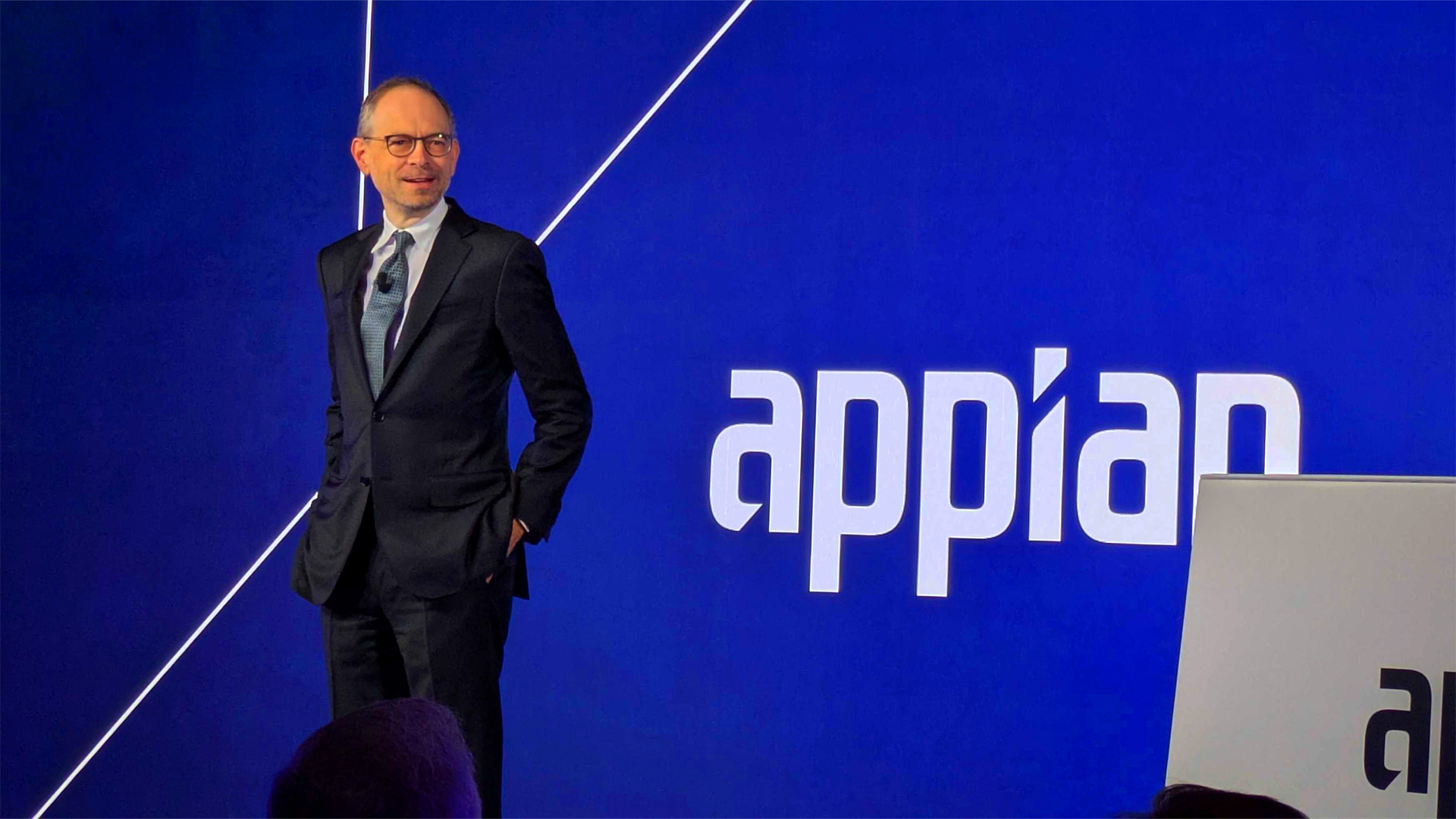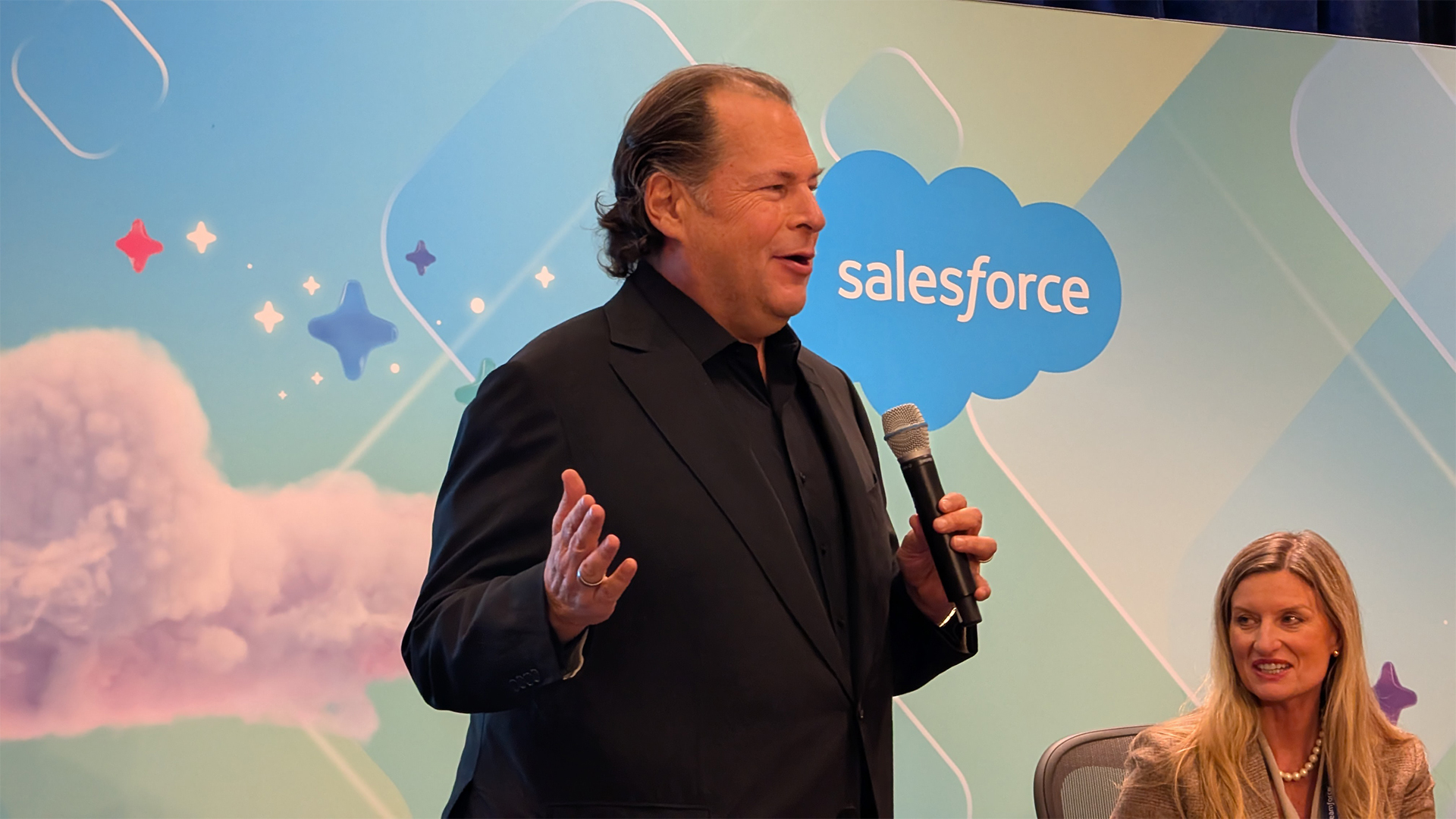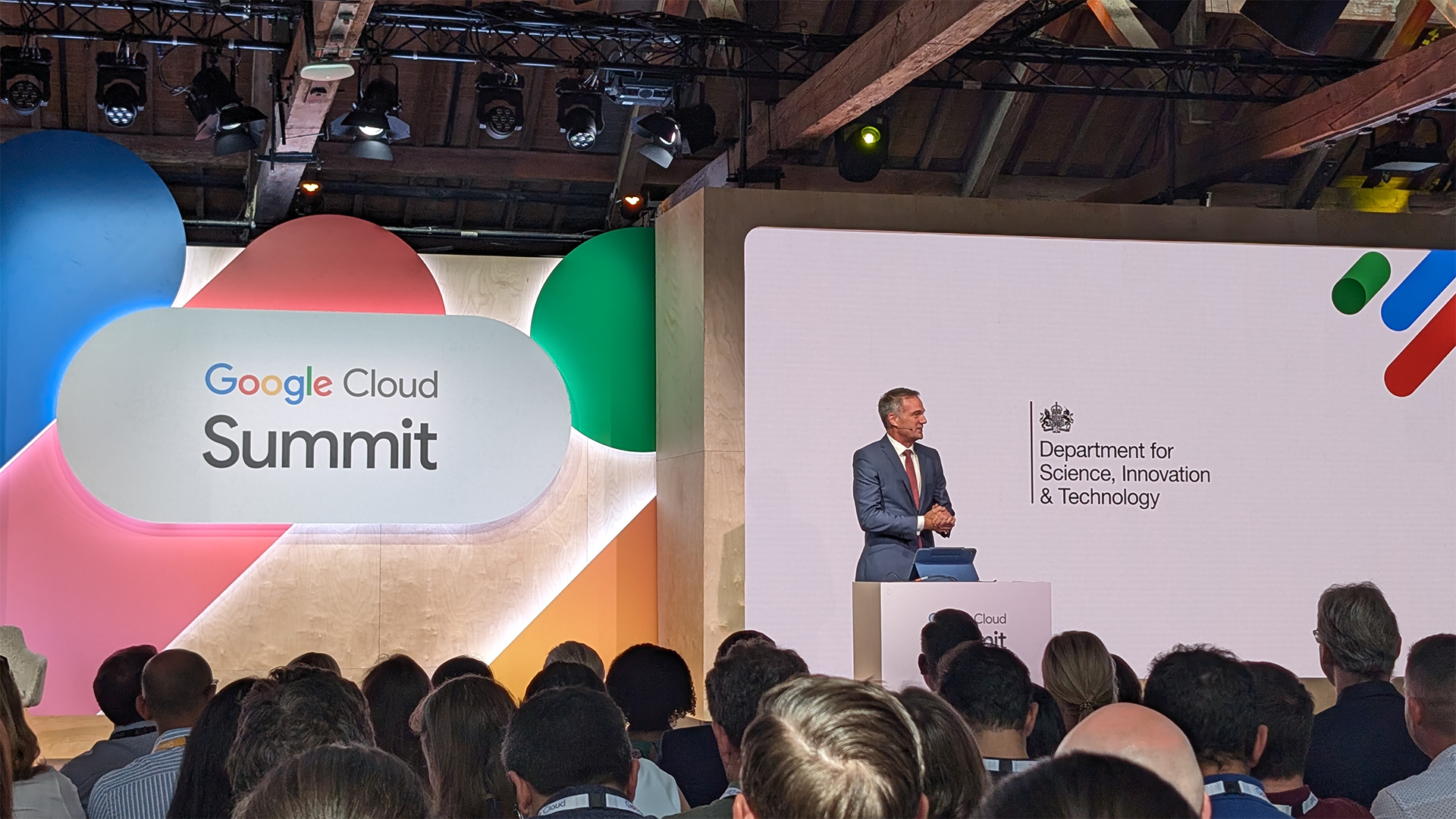The public sector is bullish on agentic AI – but data readiness will be its undoing
Public sector agentic AI efforts are pointless without the necessary data infrastructure and governance frameworks


Sign up today and you will receive a free copy of our Future Focus 2025 report - the leading guidance on AI, cybersecurity and other IT challenges as per 700+ senior executives
You are now subscribed
Your newsletter sign-up was successful
Nine-in-ten public sector organizations worldwide are planning to explore, pilot, or implement agentic AI in the next two to three years, according to research from Capgemini.
But while two-thirds are already either exploring or actively working on generative AI initiatives, only 21% of public sector organizations told researchers they have the right data for training and fine-tuning models.
The Capgemini study found that, within the next two to three years, 39% of public sector organizations plan to evaluate the feasibility of agentic AI, 45% intend to explore pilot programs, and 6% plan to scale their existing agentic AI initiatives.
Nearly two-thirds have progressed to pilots and scaled deployments or are exploring generative AI tools, with this number rising to 82% in defense agencies, 75% in healthcare, and 70% in security.
"With rising citizen demands and stretched resources, public sector organizations recognize the ways in which AI can help them do more with less,” said Marc Reinhardt, public sector global industry leader at Capgemini.
"However, the ability to deploy Gen AI and agentic AI depends on having rock-solid data foundations."
It’s this aspect of agentic AI adoption where organizations are facing acute problems, the study noted. Eight-in-ten public sector executives cited data security issues as a main barrier to adoption, while three-quarters cited limited trust in AI-generated outputs.
Sign up today and you will receive a free copy of our Future Focus 2025 report - the leading guidance on AI, cybersecurity and other IT challenges as per 700+ senior executives
In the EU in particular, there was a distinct lack of confidence about complying with the EU AI Act, with fewer than four-in-ten saying they were up to the task.
In terms of data management and utilization, there's been little progress in the last five years, Capgemini found. Only 12% of organizations considered themselves very mature in activating data, while 7% report being very mature in nurturing data and AI-related skills.
Only a fifth of the public sector organizations surveyed said they had the required data to train and fine-tune AI models, for example.
AI success requires visionary leadership
As the focus on data quality increases, chief data officers (CDOs) and chief AI officers (CAIOs) are coming to the fore, according to Capgemini. Two-thirds of public sector organizations now have a CDO, while a quarter plan to appoint one.
Meanwhile, more than a quarter of public sector organizations have a chief AI officer, with 41% planning to appoint one.
"Looking ahead, governments can be more agile and effective as AI augments the work of government employees to source information, conduct policy analysis, make decisions, and answer citizen queries," said Reinhardt.
"However, to reach this future, governments need to focus on building the right data infrastructure and governance frameworks."
AI could be the key to public sector efficiency
Public sector efficiency has been in the spotlight on both sides of the Atlantic for some time now, but with the advent of generative AI in late 2022, tech industry and government leaders alike have highlighted the potential gains of the technology.
A report from Microsoft last year, for example, found that UK public sector employees could save up to four hours a week per person by using AI tools, which would represent a significant boost to productivity if actualized.
UK prime minister Kier Starmer has been highly vocal about public sector AI adoption, with the Labour government charging ahead with a host of initiatives aimed at driving efficiency through the technology.
But once again, infrastructure challenges have been cited as a key barrier. The report from Microsoft noted that any widespread adoption of the technology would require significant investment to modernize data infrastructure.
A separate report published in January this year warned that “archaic” legacy infrastructure is holding back the public sector from modernization efforts, and in turn limiting the potential for generative AI to deliver benefits.
MORE FROM ITPRO
Emma Woollacott is a freelance journalist writing for publications including the BBC, Private Eye, Forbes, Raconteur and specialist technology titles.
-
 Mistral CEO Arthur Mensch thinks 50% of SaaS solutions could be supplanted by AI
Mistral CEO Arthur Mensch thinks 50% of SaaS solutions could be supplanted by AINews Mensch’s comments come amidst rising concerns about the impact of AI on traditional software
-
 Westcon-Comstor and UiPath forge closer ties in EU growth drive
Westcon-Comstor and UiPath forge closer ties in EU growth driveNews The duo have announced a new pan-European distribution deal to drive services-led AI automation growth
-
 Appian wants to usher in the age of ‘serious AI’ where processes are automated in unglamorous places
Appian wants to usher in the age of ‘serious AI’ where processes are automated in unglamorous placesNews Founder and CEO Matt Calkin opens Appian Europe with the belief that we can do business automation better
-
 Salesforce could become the king of enterprise AI – but only if customers believe in its potential
Salesforce could become the king of enterprise AI – but only if customers believe in its potentialAnalysis At Dreamforce 2025, Salesforce painted a believable picture for enterprise AI, but shareholders will only be reassured by greater business buy-in
-
 "Do not sacrifice your entry-level jobs": Salesforce might be all in on AI, but it isn't giving up on junior workers yet – despite Marc Benioff's job replacement claims
"Do not sacrifice your entry-level jobs": Salesforce might be all in on AI, but it isn't giving up on junior workers yet – despite Marc Benioff's job replacement claimsNews Salesforce is still committed to hiring junior team members even as AI automates roles, according to UK&I chief executive Zahra Bahrololoumi.
-
 AI tools are a game changer for enterprise productivity, but reliability issues are causing major headaches – ‘everyone’s using AI, but very few know how to keep it from falling over’
AI tools are a game changer for enterprise productivity, but reliability issues are causing major headaches – ‘everyone’s using AI, but very few know how to keep it from falling over’News Enterprises are flocking to AI tools, but very few lack the appropriate infrastructure to drive adoption at scale
-
 CFOs were skeptical about AI investment, but they’ve changed their tune since the arrival of agents
CFOs were skeptical about AI investment, but they’ve changed their tune since the arrival of agentsNews The introduction of agentic AI has CFOs changing their outlook on the technology
-
 The UK government is teaming up with Google Cloud to kill public sector legacy tech
The UK government is teaming up with Google Cloud to kill public sector legacy techNews Tech firms have been invited to work with the government to transform public services
-
 CEOs think workers are becoming hostile to AI tools, but they’re pushing ahead with adoption anyway
CEOs think workers are becoming hostile to AI tools, but they’re pushing ahead with adoption anywayNews Executives are driving the adoption of AI tools despite concerns workers will push back
-
 Civil servants started using Microsoft Copilot to speed up admin tasks – here's what they found
Civil servants started using Microsoft Copilot to speed up admin tasks – here's what they foundNews Staff are using Microsoft Copilot to help draft documents and summarize meetings and emails
